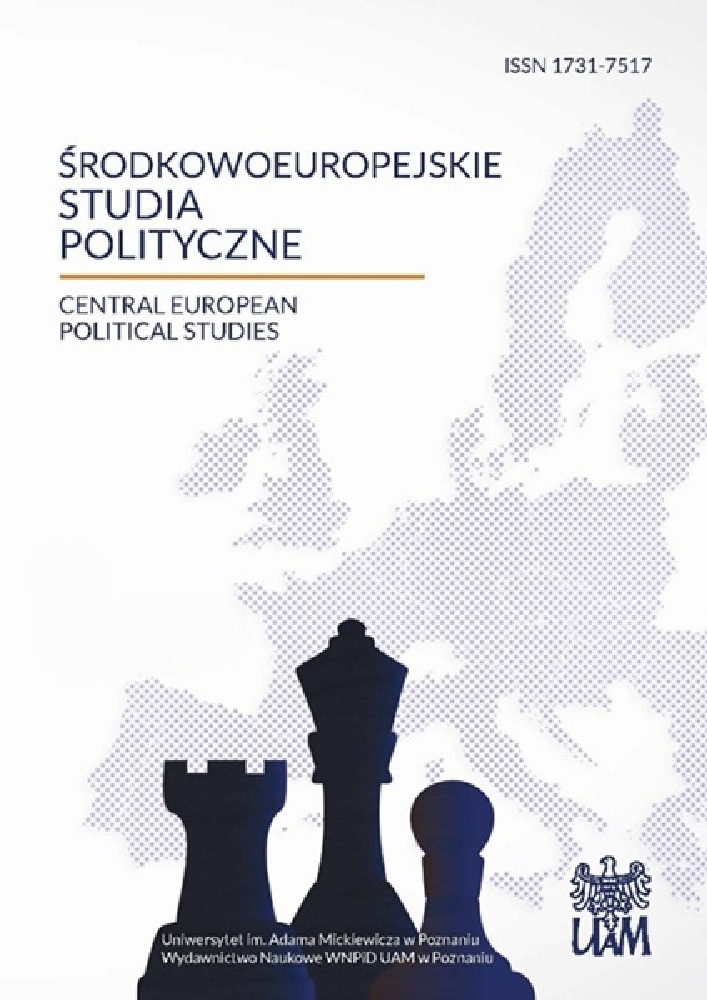Abstrakt
One of the consequences of Charter 77 by the mid-1980s was the emergence of protostructures of a ‘parallel society’. Diverse models and forms of a parallel society also came into existence in other countries of the ‘socialist community’. This mainly refers to Poland, where this society created a politicized structure, which later promoted the emergence of the counterelite. In Hungary, the parallel society was formed under the strong influence of the pro-reform faction of the ruling party. In Czechoslovakia the ‘parallel society’ operated under the strong influence of state structures. It was forced to distance itself from political issues. Nevertheless, the structures of the ‘parallel society’ and its ‘nonpolitical policy’ turned out to provide a significant system of ideas and an organizational initiative. It was capable of transforming the society which was stagnant in the final years of the policy of normalization. It also promoted the future emergence of democratic structures.Licencja
Copyright
© 2010, Uniwersytet im. Adama Mickiewicza w Poznaniu, Wydawnictwo Naukowe Instytutu Nauk Politycznych i Dziennikarstwa
OPEN ACCESS
